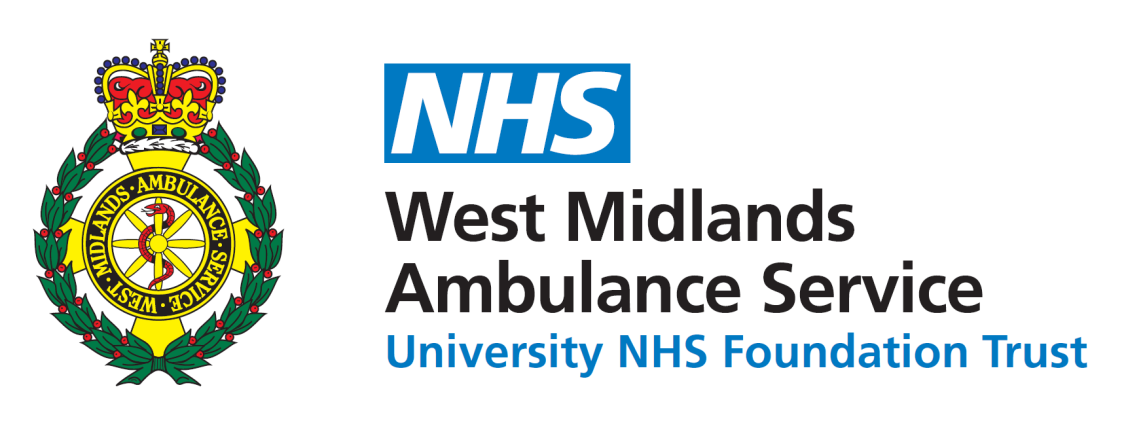Ensono, a leading global hybrid IT services provider, has been selected by PIONEER and its Data Controller University Hospitals Birmingham NHS Foundation Trust (UHB) to help design, build and manage PIONEER – the Health Data Research Hub for Acute Care. Working alongside Microsoft, HDR UK, the University of Birmingham and UHB, Ensono has developed the secure cloud based infrastructure for the first data research hub that will link data from various services across the West Midlands, enabling an individual’s acute care journey to be traced across healthcare providers. PIONEER will allow the teams across UHB’s sites to understand the individual patient journey better by providing a comprehensive picture of data from every interaction of a patient with acute care providers, which includes community and hospital services.
A central goal of the hub is to help build a more effective healthcare system. Clinical teams can access and learn from near real-time, acute hospital data to answer urgent clinical questions. This will help identify critical triggers and bottlenecks where healthcare could be improved and adjusted, potentially supporting earlier diagnosis, new treatments and monitoring systems. This would shift acute care from being reactive to predictive; informing cutting-edge best practice to be shared rapidly across the NHS and beyond, and ultimately help continue to elevate the quality of care delivered to patients.
Professor Elizabeth Sapey, PIONEER Hub Director said: “110 million people per year seek acute care help, and the costs are huge: £17 billion per year. But despite this huge burden and cost, acute care has seen less healthcare innovation than any other area of healthcare. We hope that by bringing together this data from different providers across the country, we can offer innovation that’s never been seen before to really improve patients’ lives.”
At the heart of PIONEER is the technology collaboration between Ensono and Microsoft. The hub, which runs on Microsoft Azure, provides UHB with a cost-effective and scalable secure cloud environment to support the needs of healthcare professionals.
Laura Robinson, Senior Director for Healthcare, Microsoft UK, said: “Microsoft’s cloud, Azure, is already helping many public and private sector organisations to deliver services more effectively and meet the evolving needs of citizens. Azure’s security, 24/7 availability and advanced capabilities make it a strong choice for the healthcare sector, and we look forward to helping more NHS organisations use the cloud to transform ways of working.”
Hilary Fanning, Director of Research Development & Innovation at UHB, said: “The way care is delivered for sudden illness has not changed for decades. Patients can seek medical care through a number of different healthcare providers. However, healthcare providers don’t share detailed information with each other. Due to this they don’t fully understand the journey a patient goes on when they are suddenly unwell. This means that it is difficult to turn the data that is generated by patient contacts with multiple healthcare services into actionable information to improve the quality of care. PIONEER aims to change this, providing an integrated hub for health data research. Ensono’s technical expertise, and their strong collaborative ethos, has helped us to build a truly technically advanced cloud platform solution, to support the work of PIONEER, while also ensuring that UHB can keep patient data secure. Ensono and Microsoft do not have access to the data which will be hosted by PIONEER. Access to any patient data held on the PIONEER platform is subject to the requirements and processes set out in the Health Research Authority approved PIONEER research database ethics application.
Barney Taylor, managing director, Europe at Ensono said: “A full command of a patient’s journey will really help inform decision making for medical professionals on acute care pathways, particularly within the complexities of the current pandemic. We hope PIONEER will provide that integrated hub of data insights to allow clinicians to strategise care, provide better outcomes and ultimately more patient choice. This innovative solution had to be delivered in an agile and dynamic fashion, in response to an unprecedented, ever-changing situation on the frontline.”




